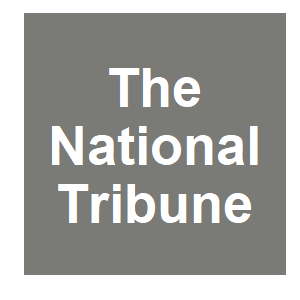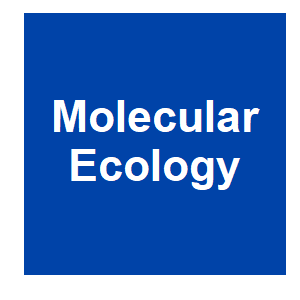
Keywords: Vespula vulgaris

|
Gene drives – maybe not a silver bullet, but a bullet nonethelessJenny Leonard, New Zealand's Biological Heritage, 2023.
A gene drive is both a natural process and a genetic engineering technology where a gene is promoted or favoured during reproduction—instead of there being a “chance” of an offspring inheriting a gene, gene drives almost guarantee that the offspring (and subsequent ... Keywords: colony fitness, common wasps, control region, DNA, Evolution, genetic biocontrol, invasive species, mitochondrial DNA, mtDNA variation, natural-selection, population, size variation, trojan female, vespidae, Vespula vulgaris, vulgaris l. hymenoptera |

|
Researchers help complete world first wasp genome projectStaff, The National Tribune, 2020.
In a world first, New Zealand researchers have sequenced the genome of three wasps, two of which are invasive wasps in New Zealand, paving the way for new methods of control for these significant pests. Keywords: colony fitness, common wasps, control region, DNA, Evolution, genetic biocontrol, invasive species, mitochondrial DNA, mtDNA variation, natural-selection, population, size variation, trojan female, vespidae, Vespula vulgaris, vulgaris l. hymenoptera |

|
Researchers complete world first wasp genome projectUniversity of Otago, Phys Org, 2020.
In a world first, New Zealand researchers have sequenced the genome of three wasps, two of which are invasive wasps in New Zealand, paving the way for new methods of control for these significant pests. Keywords: colony fitness, common wasps, control region, DNA, Evolution, genetic biocontrol, invasive species, mitochondrial DNA, mtDNA variation, natural-selection, population, size variation, trojan female, vespidae, Vespula vulgaris, vulgaris l. hymenoptera |

|
The association between mitochondrial genetic variation and reduced colony fitness in an invasive waspJ. Dobelmann, A. Alexander, J. W. Baty, N. J. Gemmell, M. A. M. Gruber, O. Quinn, T. Wenseleers and P. J. Lester, Molecular Ecology, 28:3324-3338. 2019.
Despite the mitochondrion's long-recognized role in energy production, mitochondrial DNA (mtDNA) variation commonly found in natural populations was assumed to be effectively neutral. However, variation in mtDNA has now been increasingly linked to phenotypic variation in life ... Keywords: colony fitness, common wasps, control region, DNA, Evolution, genetic biocontrol, invasive species, mitochondrial DNA, mtDNA variation, natural-selection, population, size variation, trojan female, vespidae, Vespula vulgaris, vulgaris l. hymenoptera |

Contact
David O’Brochta
Foundation for the
National Institutes of Health
geneconvenevi@fnih.org
RSS

